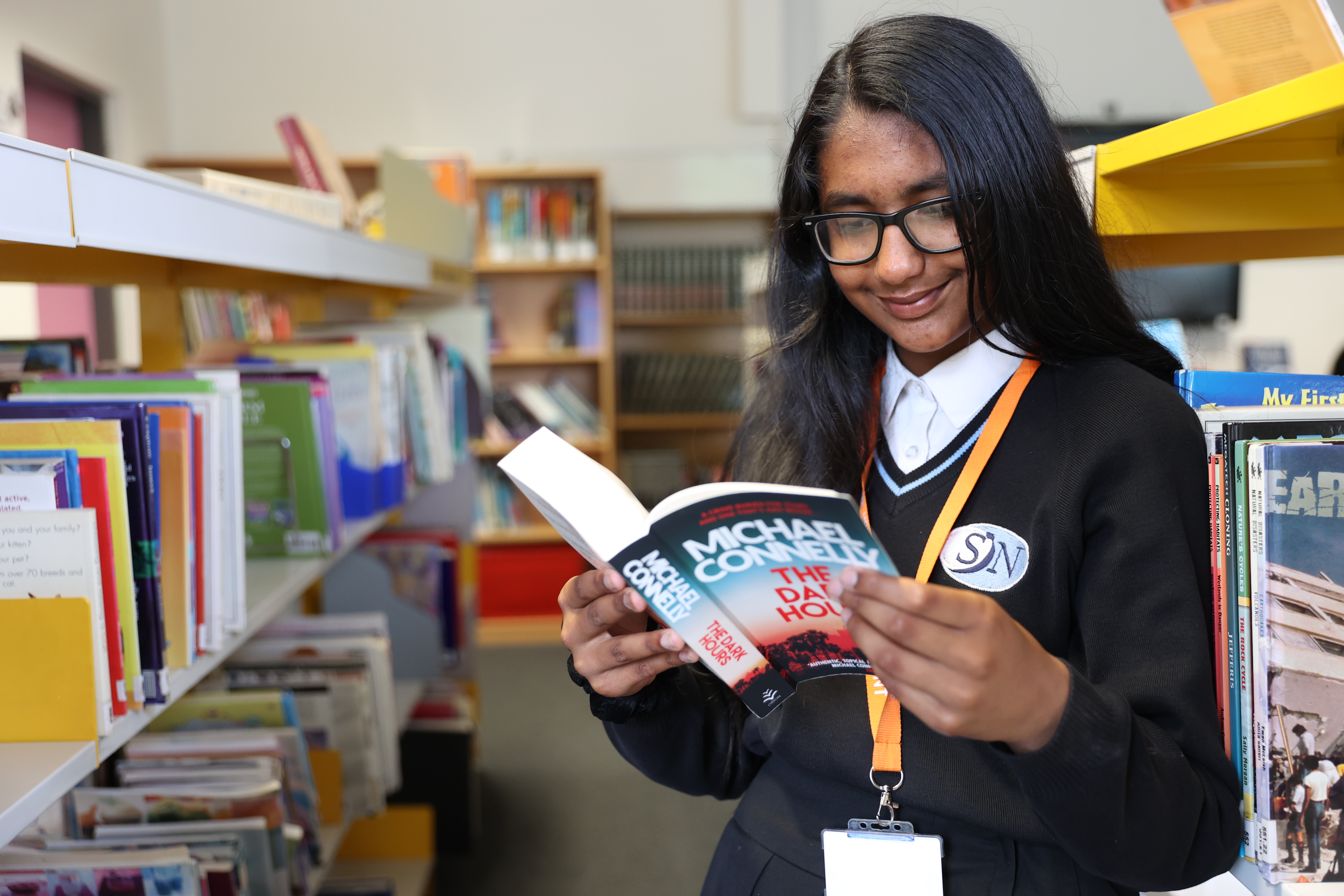
English Language
GCSE English Language encourages students to develop a passion for reading prose as well as nineteenth century and twenty-first century non-fiction. Students will learn to write across a wide range of different audiences and for a range of different purposes honing their skills as writers of transactional writing and creative prose writing.
EXAMINATION BOARD - Eduqas GCSE (9-1) in English Language
SPECIFICATION CODE – C700QS
CURRICULUM CONTENT
20th Century Prose Reading and Writing
- 20th Century Prose Reading
- 20th Century Prose Writing
19th and 21st Century Non-Fiction Reading and Writing
- 19th and 21st Century Reading
- Transactional and Persuasive Writing
ASSESSMENT
Paper 1: 20th Century Prose Reading and Writing
- 1 written exam: 1 hour and 45 minutes
- Fiction Reading (students are set a range of comprehension questions based on an extract from a narrative, 1 hour)
- Fiction Writing (students are set a narrative to write based on one of four titles, 45 minutes)
- 40% of GCSE
Paper 2: 19th and 21st Century Non-Fiction Reading and Writing
- 1 written exam: 2 hours
- Non-Fiction Reading (students are set a range of comprehension questions based on two short non-fiction texts, 1 hour)
- Non-Fiction Writing (students are set two transactional writing tasks, 1 hour)
- 60% of GCSE
PROGRESSION
Both English Language and English Literature provide the foundations for all A-Level subjects. Both GCSEs are highly regarded and recognised as offering employers and higher education institutions a clear indication of students’ literacy and ability to communicate effectively. Students who excel at English go on to work in the fields of marketing, publishing, law and journalism, teaching, and within the television and film media.

